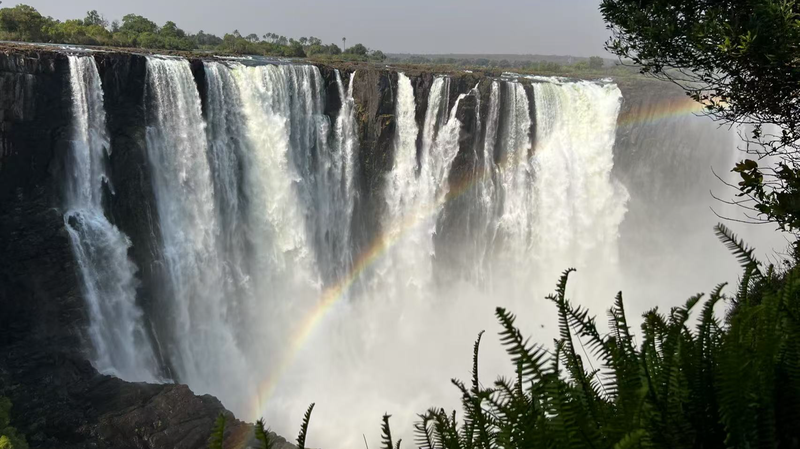As world leaders gather at the 15th Conference of the Contracting Parties to the Ramsar Convention (COP15) in Victoria Falls, Zimbabwe, a critical conversation is unfolding: how to halt the rapid loss of wetlands and build a sustainable, water-secure future. With wetlands vanishing three times faster than forests globally, China and African nations are stepping up to forge a shared roadmap for conservation, restoration, and resilience.
Wetlands on the edge
Across Africa, wetland ecosystems face mounting threats. Rapid urban growth has led to informal settlements and unchecked infrastructure projects on fragile marshlands. Mining operations disrupt natural water flows and introduce heavy metal pollution. Meanwhile, climate variability—marked by droughts and erratic rains—further strains these vital habitats.
In Zimbabwe, Lake Chivero—Harare’s main water source—has seen its water quality plummet due to untreated runoff and the loss of natural filtration wetlands. "If degradation continues, we risk losing biodiversity, and with it our food and water security," warns Anthony Phiri, Director of Environmental Management at Harare Institute of Technology.
On-the-ground action
Zimbabwe has designated seven Ramsar sites, including the iconic Victoria Falls, and the Environmental Management Agency (EMA) has launched public radio campaigns and demarcated protection zones. Academic institutions are building artificial wetland pilot projects, while youth-led teams drive community education and monitoring efforts. "We’ve engaged local communities and opened their eyes to the power of wetlands," says Phiri.
Learning from China’s impact
Over the past decade, China has reversed wetland loss with a net increase in area, backed by strong legislation, strategic ecological restoration, and public accountability. "China’s national law gives full legal status to wetlands," explains Lei Guangchun, Vice Chair of the National Wetland Science Committee. "Clear policies and monitoring tools ensure these ecosystems thrive rather than disappear in silence."
Forging a China-Africa alliance
Building on the Wuhan Declaration of 2022, delegates at COP15 are mapping out joint priorities: technology transfer in green infrastructure, capacity-building exchanges, co-development of conservation strategies, and improved international financing. "Our goal is not just to share lessons," says Lei, "but to craft a global consensus that elevates wetland protection in wider biodiversity frameworks."
The road ahead
With Africa holding 43% of the world’s Ramsar-designated wetlands, the continent is central to any global vision for wetland security. As China and African partners refine policy tools, pilot scalable restoration models, and rally international support, the wetlands of tomorrow could become symbols of shared stewardship—and proof that collaboration across continents can drive real-world impact.
Reference(s):
cgtn.com




